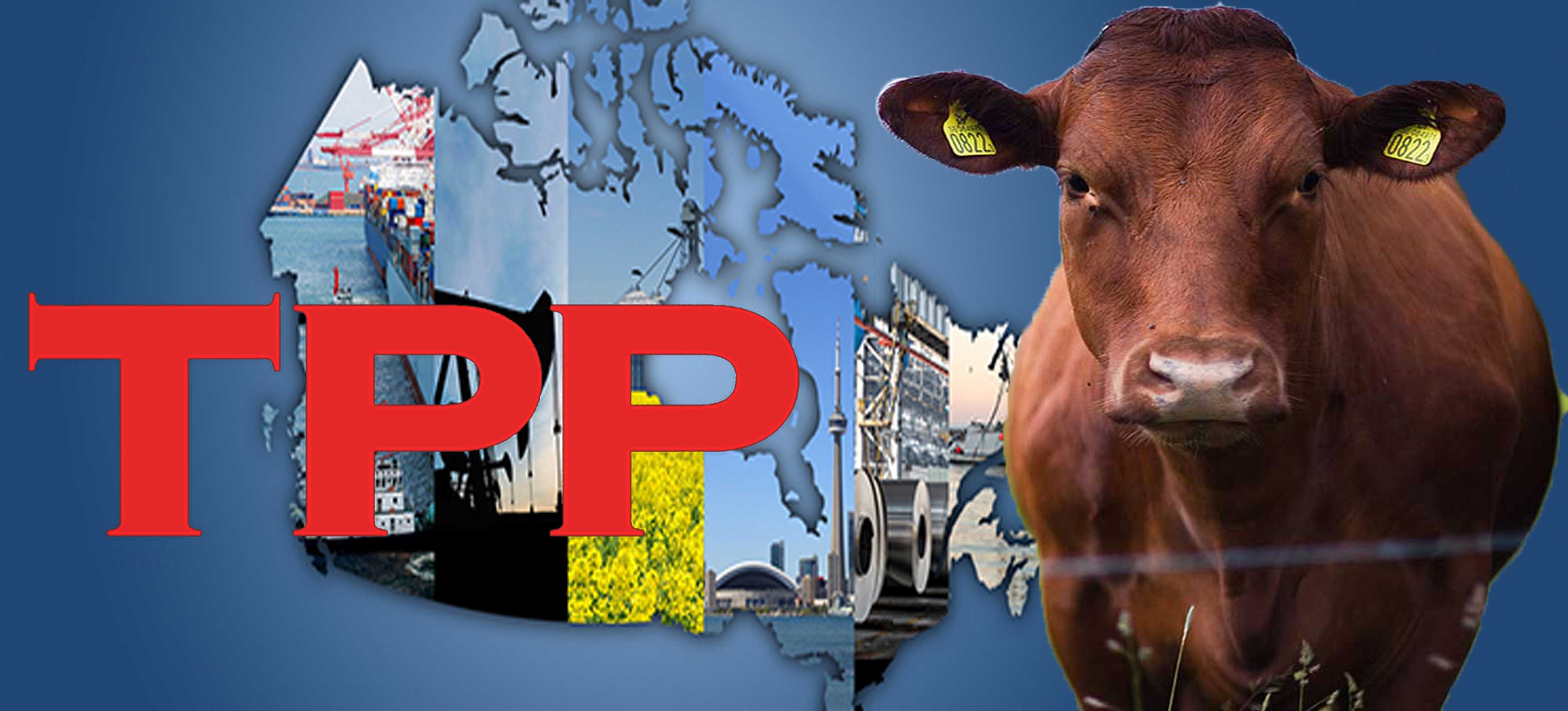Canada Desperately Needs a Revived TPP as NAFTA Talks Falter

Since there is now a clear and present danger that NAFTA talks will collapse, Canada must look for alternative trading partners. And on this front, there is good and important news
by John Ibbitson – the Globe & Mail
If things continue to go well, the 11 remaining members of the Trans-Pacific Partnership will commit to proceeding with the pact when leaders meet in Vietnam next month for the APEC summit, even though the United States is no longer part of the accord.
With the North American free-trade talks in disarray, a revived TPP is vital to Canada’s future trading interests. Canada badly needs this deal.
“TPP 11 reinforces the folly of Mr. Trump’s anti-globalist agenda”
As the Business Council of Canada declared in a letter to Trade Minister François-Philippe Champagne that has been obtained by The Globe and Mail, “the TPP 11 could be more beneficial to Canada than the original agreement.” That’s because Canada would have preferential access to Japan, the world’s third-largest economy, and other TPP markets, while the United States remained frozen out.
For example, as a recent report from the Canada West Foundation points out, ratifying the TPP would allow Canadian beef producers duty-free access to the Japanese market. American competitors would face a 50-per-cent tariff.
Canada would also have preferred access to important new markets, such as Malaysia and Vietnam. If Mexico also ratifies the TPP, as it surely will, the other two partners in NAFTA would be signalling to the United States that they remain committed to free and open trade, including with each other, even if the Americans do not.
Finally, the pact would be there, intact and functioning, ready for American accession, should President Donald Trump leave the stage and sanity return to that country’s political life.
TPP 11 reinforces the folly of Mr. Trump’s anti-globalist agenda. American businesses will be disadvantaged as other Pacific nations continue to lower barriers. And the ultimate beneficiary will be China.
As the Trudeau government mulls Chinese proposals to develop stronger trading ties, the arguments for saying no become steadily less compelling.
Yes, China is a strategic competitor to the West in the Pacific. Yes, its government is authoritarian and its state-owned enterprises murky and perhaps untrustworthy.
But what choice does Canada or any other U.S. ally have, given the Trump administration’s hostility to open trade? As Perrin Beatty, head of the Canadian Chamber of Commerce, observed in an interview: “If the United States is not prepared to deepen ties with its trading partners, then it leaves other nations with no choice but to pursue alternatives.”
With the TPP ratified, Canada will be in a stronger position if and when it begins trade talks with China next year. Don’t forget: The original purpose of the TPP was to create a trading block that would contain China – and perhaps, one day, draw China in – preserving American power in the Pacific.
Mr. Trump foolishly threw away that advantage by withdrawing the United States from the TPP. But it remains in the interest of Pacific nations to band together in mutual self-interest.
Let’s be clear: The TPP is no substitute for NAFTA. The end of continental free trade in North America would be calamitous for this country, disrupting supply chains and undermining private-sector investment. No European or Asian trade agreement can substitute for unfettered access to the world’s largest economy.
And the forces that produced Trumpism – and Brexit, and the rise of nativism in continental Europe – must be addressed. Income inequality in a knowledge economy is pernicious, fostering racial and class tensions and undermining democratic pillars.
But it remains worthwhile for Canada and the 10 other members of the TPP – Australia, Brunei, Chile, Japan, Malaysia, Mexico, New Zealand, Peru, Singapore and Vietnam – to hang together, hoping the Americans will eventually join, hoping China and India will one day join as well, hoping that the Pacific and Atlantic trading zones one day merge into a new global trading agreement.
Right now, this is a distant hope. But until the globalization momentum resumes, the TPP is all we’ve got.
originally published – the Globe & Mail












